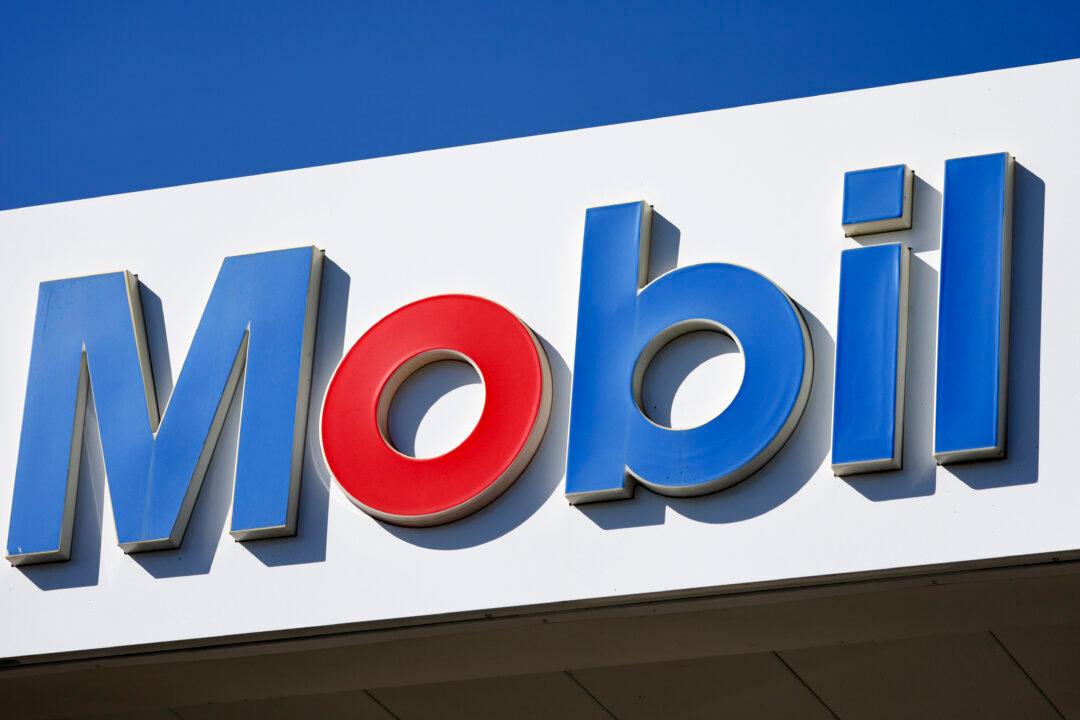As lithium producers deal with setbacks that could delay full-scale production of electric vehicle (EV) batteries in the United States over the next five years, industry experts say key oil industry investments could recharge that emerging sector in 2025.
ExxonMobil and Saudi Aramco, two of the world’s largest oil producers, have recently announced significant long-term investments in the EV supply chain despite President Donald Trump’s rollback of the previous administration’s EV mandate on Jan. 20.





